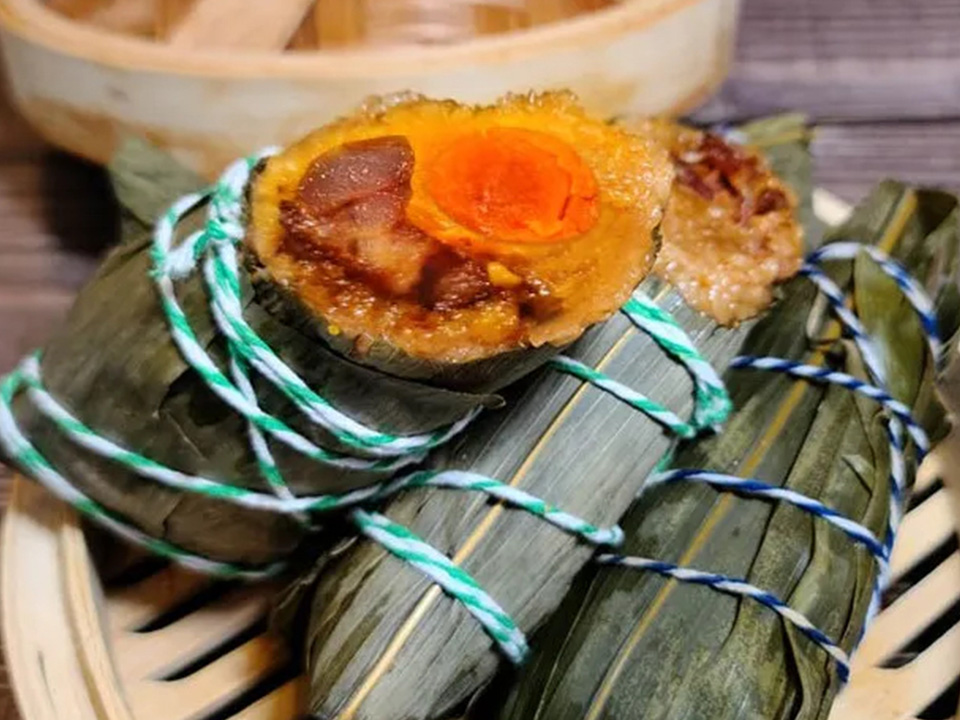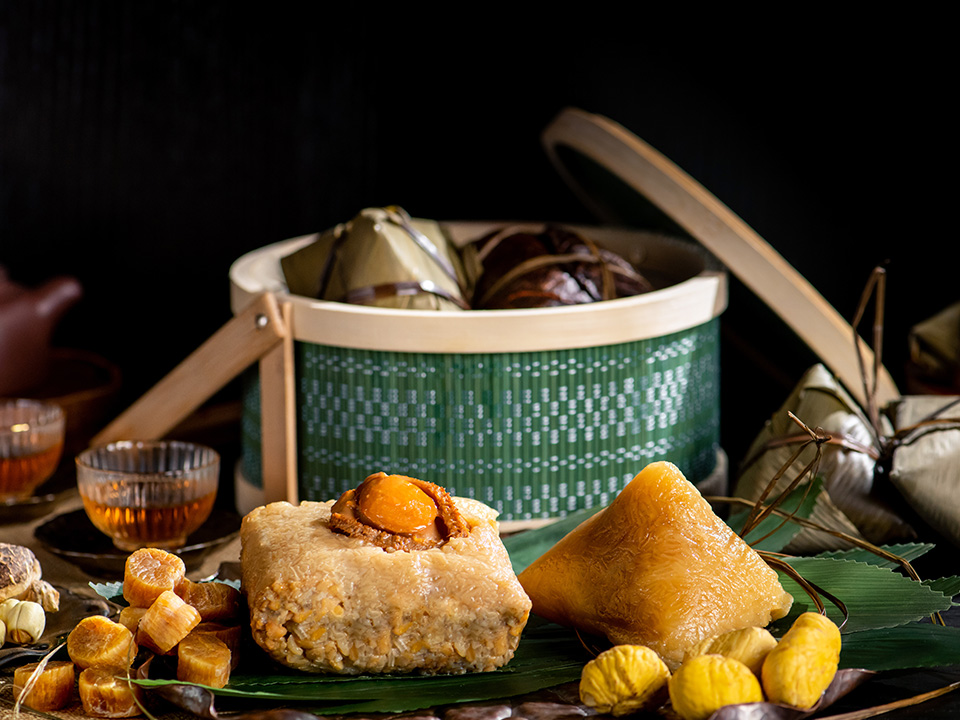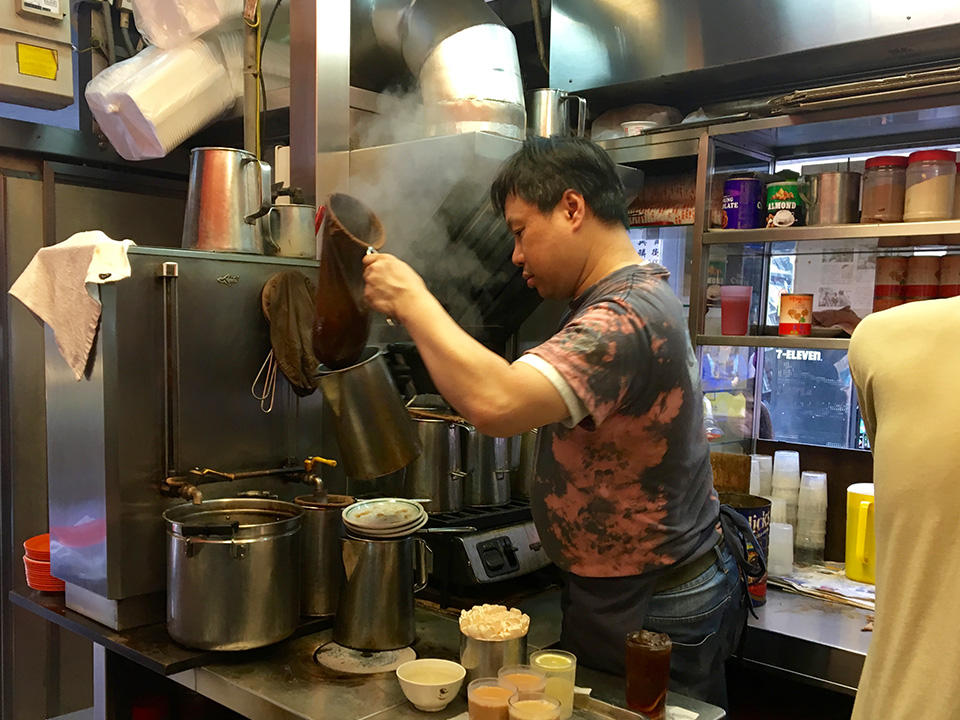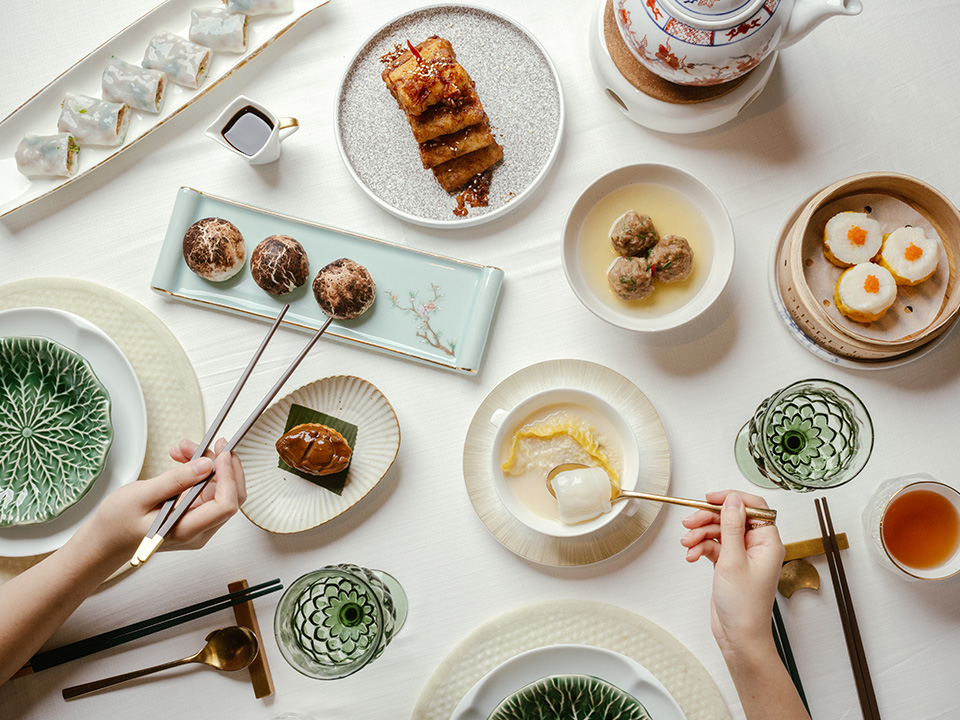Hong Kong’s Immigration Department has simplified eligibility and enrollment for the self-service immigration clearance (e-Channel) for qualifying frequent visitors. Visit their website to learn more.
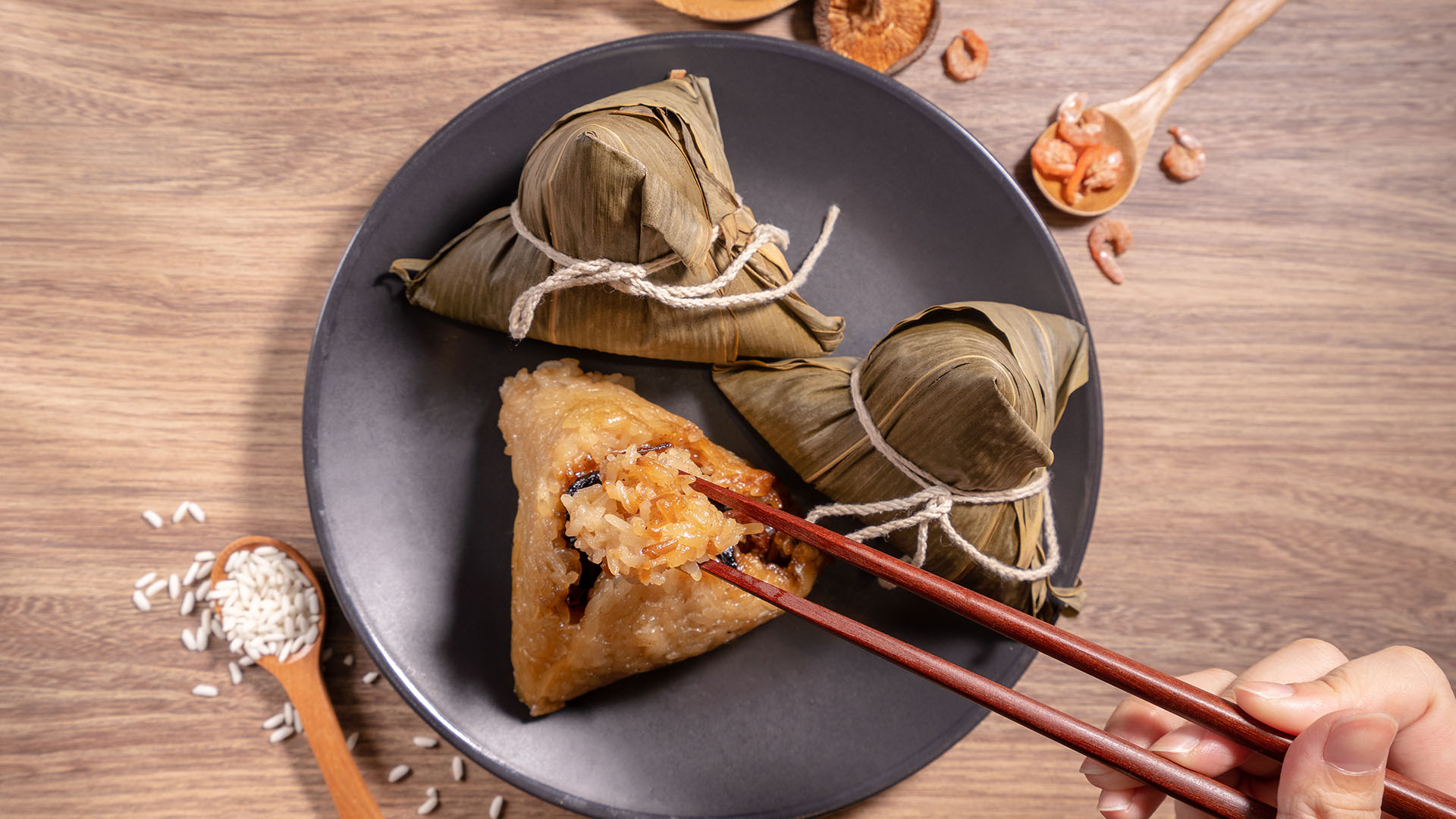
In Hong Kong, the zongzi — along with the Dragon Boat Races — is the star of the show at the Dragon Boat Festival. Whether made from scratch at home or bought ready-made, these glutinous rice dumplings are traditionally wrapped in bamboo leaves, then steamed or boiled before eating. They come with a variety of fillings to suit all tastes and palates — read on to see what kinds of zongzi you can enjoy, and where to find them in Hong Kong.
Chinese zongzi can be broadly categorised into southern and northern preparation styles, although there are many more regional varieties to consider. Southern Chinese-style zongzi tend to be pyramid- or pillow-shaped and are stuffed with savoury ingredients, including salted egg yolk, pork, shiitake mushrooms, mung beans, taro, shredded chicken, and Chinese sausage. Their northern cousins, on the other hand, are shaped as elongated cones instead of tetrahedron parcels, with sweet, dessert-like ingredients.
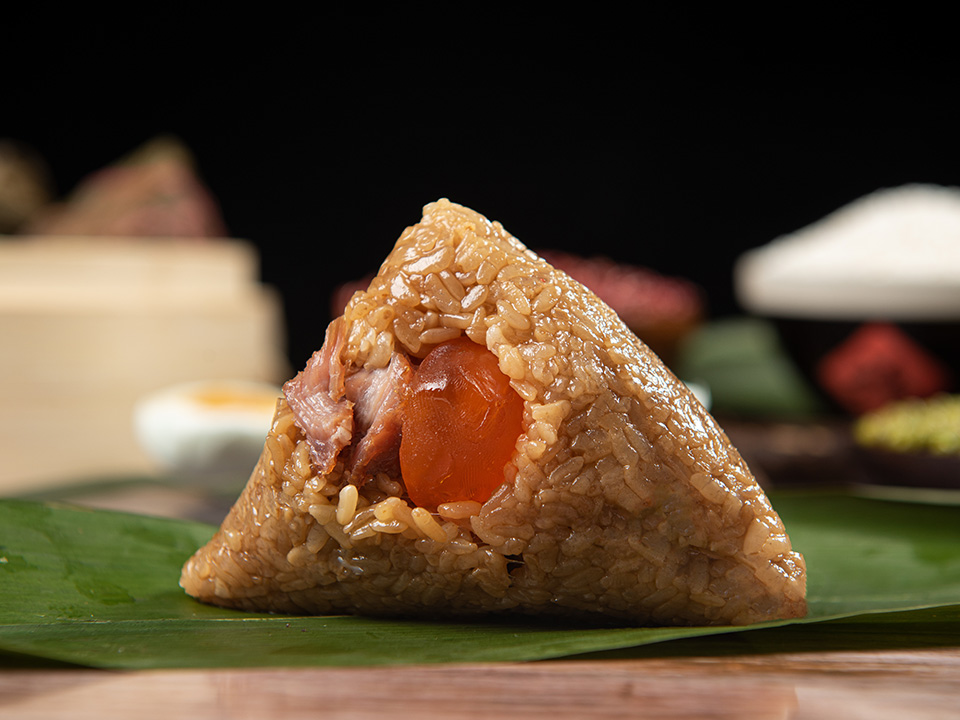
Cantonese-style zongzi
In Hong Kong, the most common version of zongzi is the Cantonese style. It comes with a rich, decadent filling of marinated pork belly or duck, mushrooms, dried scallops and salted egg yolk.
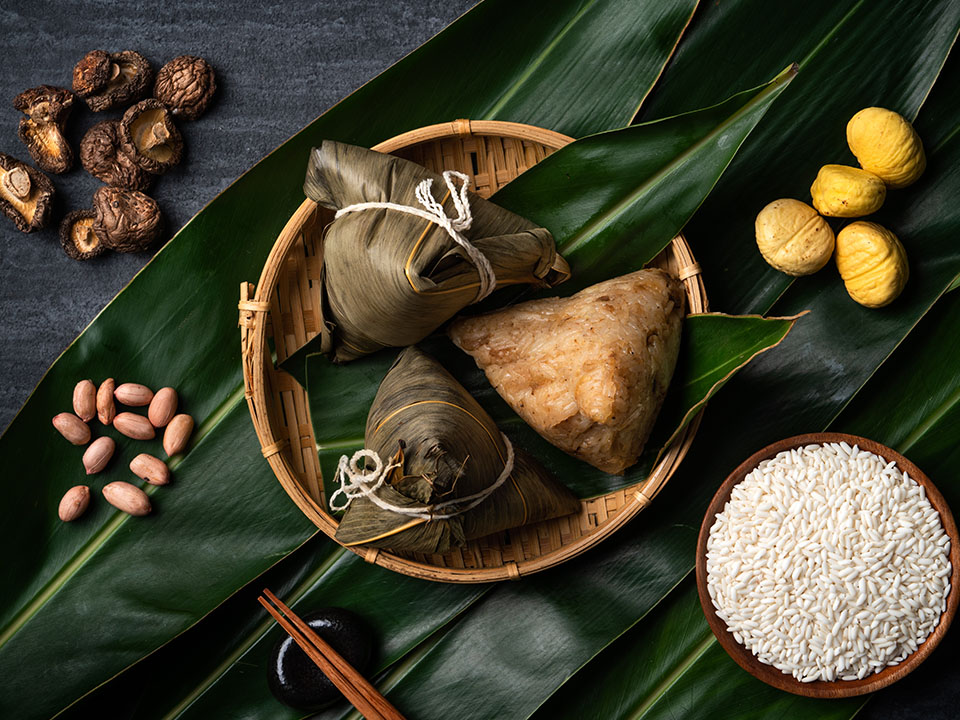
Chiuchow-style zongzi
Bite into the Chiuchow zongzi, a derivative of the Cantonese version, and you’ll taste the red beans, brined pork belly, chestnuts, mushrooms and dried shrimp for a sweet-savoury flavour balance.
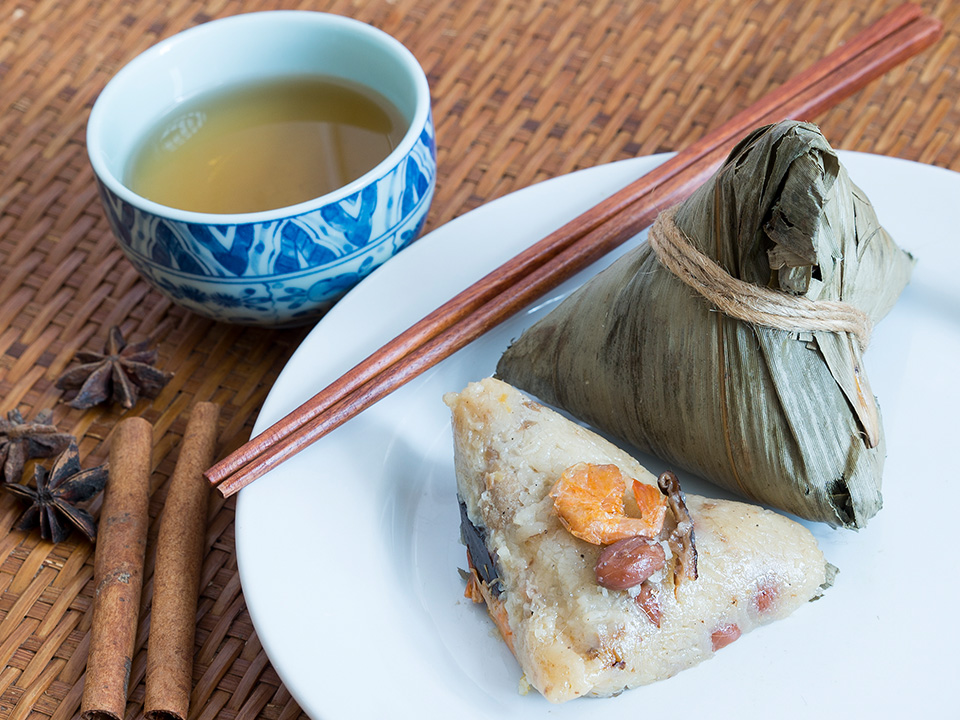
Hakka-style zongzi
While most other southern Chinese zongzi are served hot, the unique Hakka version, packed with shallot, dried mushrooms, dried baby shrimps and minced pork, is usually eaten cold.
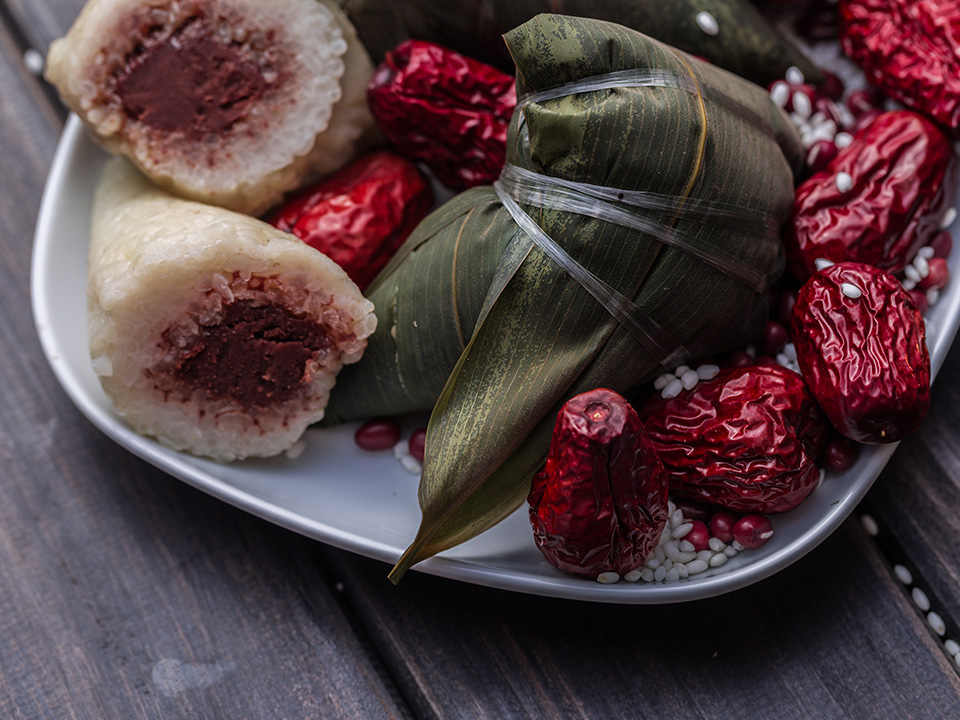
Beijing-style zongzi
Glutinous rice is the usual base for zongzi recipes, but this northern Chinese-style dumpling does things slightly differently. Filled with red dates and red bean paste and consumed cold, the Beijing style sometimes uses millet instead.
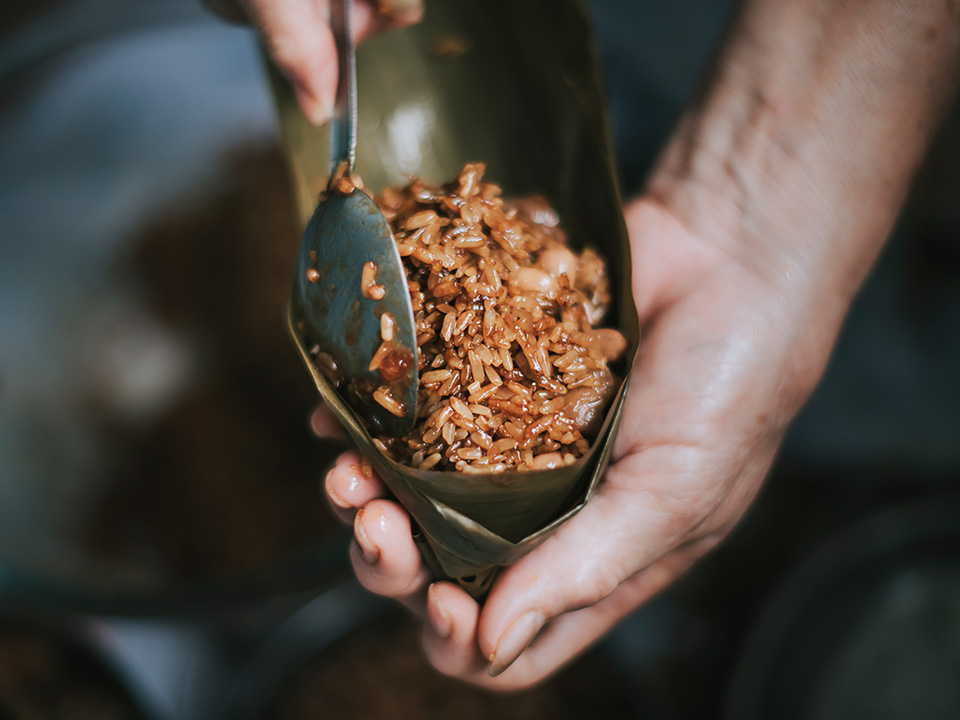
Shanghai-style zongzi
Also in the north, in and around Shanghai, the glutinous rice for zongzi is marinated in both light and dark soy sauces for more intense flavour and colour. Sweet zongzi typically contain red bean paste, while savoury zongzi come with salted ham and pork.
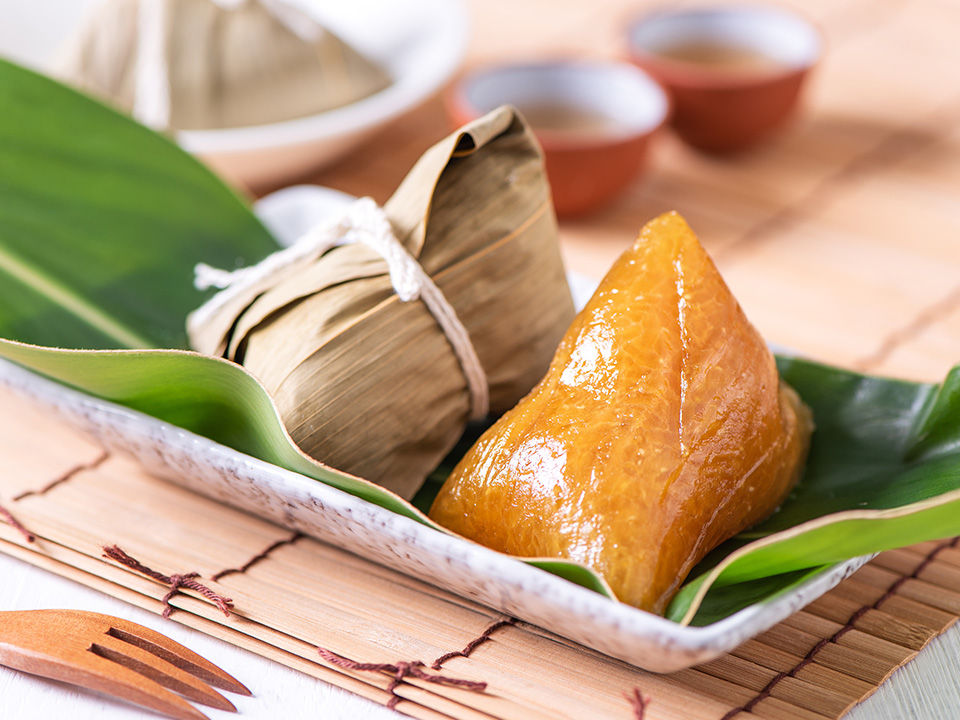
Alkaline zongzi
Don’t be fooled by the scientific-sounding name. The yellow-coloured alkaline rice dumplings, or jianshui zongzi, are actually made with food-grade lye water, and served plain dipped in white sugar or honey for a finishing touch. You may also come across jianshui zongzi with a red bean paste or lotus bean paste filling.
Plenty of restaurants, shops and hotels in Hong Kong prepare these festive dumplings for the holiday, served ready-to-eat or pre-wrapped. Try them for yourself at the following places.
Are you ready to celebrate the traditional Chinese festival? Here’s all you need to know about the Dragon Boat Festival.



